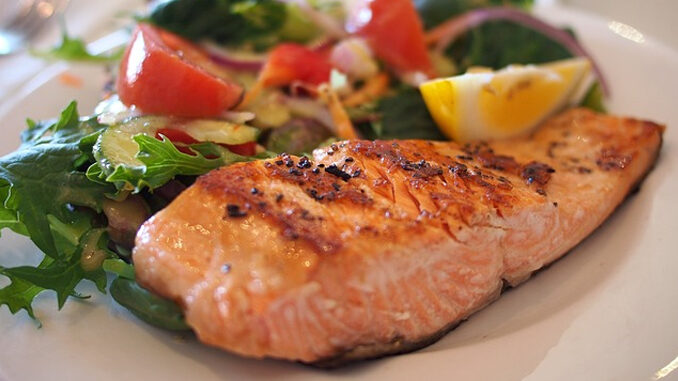
The next time you buy wild salmon, there’s a very good chance you’re not exactly getting what you thought you paid for – and that’s what this fishy story is all about.
Advertisment
Story continues below
DNA testing has confirmed farmed Atlantic salmon is often fraudulently labelled as wild salmon, according to a new study.
Researchers with the conservation group Oceana looked at 82 salmon samples collected from restaurants and grocery stores in the US to uncover the deliberate mislabelling.
Oceana’s team found that 43 percent of the samples they collected were mislabeled, and DNA testing confirmed that 69 percent of the mislabeled fish were Atlantic farmed salmon sold to consumers as wild salmon.
Wild salmon fetches a premium of about a third more than farmed salmon in the marketplace. The motive for mislabeling is obvious.
Some of the Key Findings:
- Forty-three percent of the salmon tested were mislabeled.
- The most common form of mislabeling was when farmed Atlantic salmon was being sold as “wild salmon.”
- In restaurants, diners were three times more likely to be misled than shoppers in grocery stores. (67 percent of samples vs. 20 percent of samples mislabeled).
- Consumers have a much higher chance of getting the salmon they pay for in grocery stores, regardless of whether wild salmon are in season.
- Shoppers in small markets are eight times more likely to be misled than shoppers in large grocery chains that are required to give information on species, country of origin and whether salmon is farmed or wild.
The full study is available at Oceana’s website.